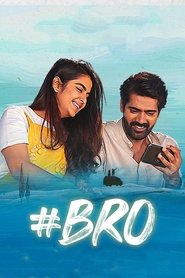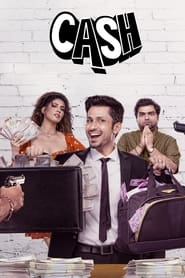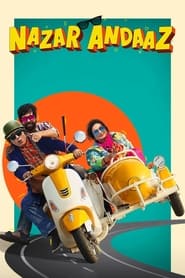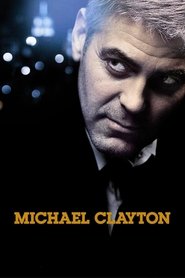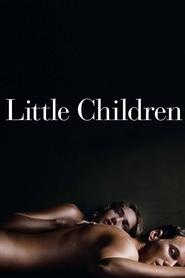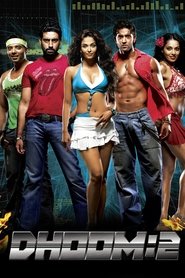
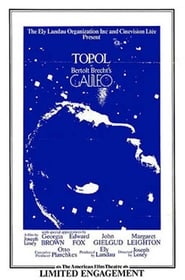
Synopsis
Galileo 1975 full Movie Download In English 480p and 720p
StoryLine:
The film closely follows the “American” version of Brecht’s play Galileo. In 1609 Galileo is a mathematics professor in Padua, Italy. While his salary is inadequate, he possesses the freedom to pursue controversial scientific studies under the protection of the Venetian Republic. Part of his work involves the use of a telescope, a relatively new scientific instrument brought from the Netherlands. Using the telescope, Galileo seeks to test the theories put forth by Nicolaus Copernicus that place the Sun – and not the Earth – at the center of universe. As his research progress, Galileo accepts a more prestigious academic position in Florence, Italy. But his new position does not come with the government protection he enjoyed in Venice, and his friends in the higher echelons of the Roman Catholic Church refuse to come to his aid when he is summoned before the Inquisition.Galileo 1975 full Movie Download.
Joseph Losey had a long relationship with Bertolt Brecht that commenced in the 1930s and culminated with the 1947 stage performances of Galileo. After these, Losey mainly worked as a film director. Losey was blacklisted in the US in the early 1950s due to his political activities, which effectively ended his career in the US film industry. He emigrated to England, where he was able to re-establish his career.[5] Over the years he made several efforts to produce a film based on Brecht’s play.[6] These were finally realized when Losey was engaged to direct a film of Galileo for the 1974–1975 season of the American Film Theatre. In its two seasons, American Film Theater presented thirteen film adaptations based on well-known plays. By design, these were not films of stage productions — they were plays “translated to the film medium, but with complete faithfulness to the original play script.”[7] While the films were intended for US movie theaters, Galileo was produced in England.[8][9]
The screenplay for Galileo was written by Barbara Bray and Losey. Bray had a long career as an editor, translator, and critic. She is also noted as the longtime companion and mistress of Samuel Beckett, who won the Nobel Prize in Literature in 1969. Besides Galileo, she wrote two other screenplays with Losey.
Additional Links:
Original title
Galileo
IMDb Rating
6.6 541 votes
TMDb Rating
5.9 7 votes
Director
Director
Cast
Galileo Galilei
Cardinal Inquisitor
Priuli
Ballad Singer's Wife
Ballad Singer
Elderly Court Lady
The Old Cardinal
Sagredo
Cardinal Barberini (later Pope Urban VIII)
Fulganzio














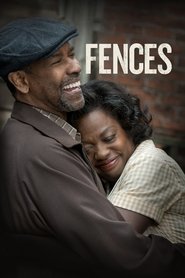
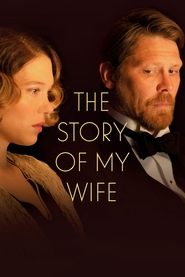
![Infinite [Hindi]](https://image.tmdb.org/t/p/w185/niw2AKHz6XmwiRMLWaoyAOAti0G.jpg)

